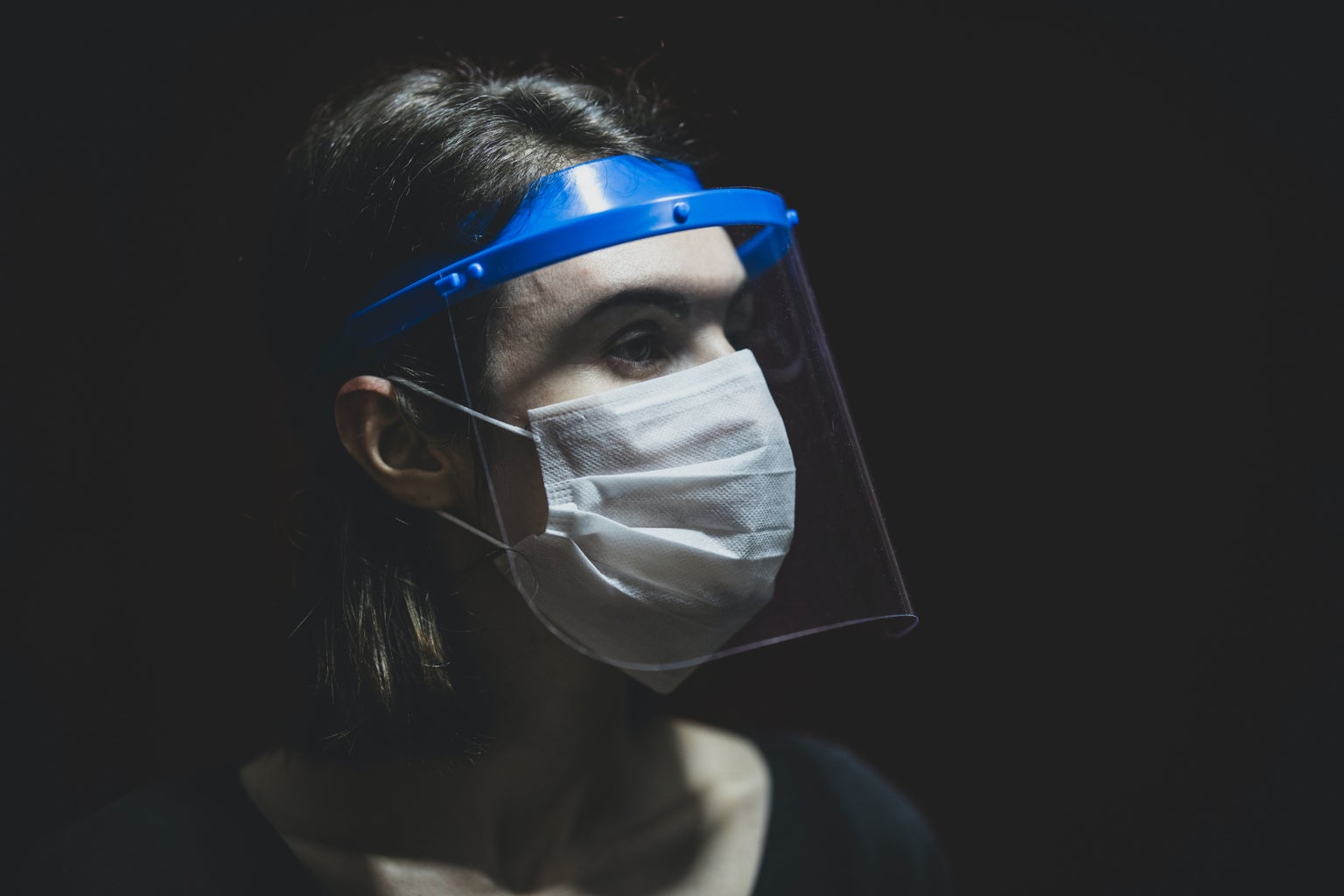Scientists have been working at incredible speeds to produce vaccines to eradicate COVID across the world. Receiving these vaccines is necessary to end the pandemic. However, about 27 percent of Americans are hesitant to get a COVID-19 vaccination. There are numerous reasons people are refraining from getting vaccinated, including how quickly COVID-19 vaccines were developed, social influence and health concerns.
Recent research has directly connected high vaccination rates to lowering the number of COVID-19 deaths and severe cases, making understanding vaccine hesitancy a necessity. Understanding doubts will allow medical professionals and social peers to compassionately address concerns and advocate the COVID-19 vaccine in a positive light.
Vaccines were able to be developed swiftly because of the number of people working on them. Medical researchers Hanney, Wooding, Sussex and Grant explain that the concentration of scientific resources and priorisation of research on finding a COVID vaccine over other scientific studies is what made the rapid development of the vaccine possible. Many people worry that because the COVID-19 vaccine came out swiftly, it is unsafe. However, some vaccines, such as Pfizer, are FDA approved as safe for use. Doctors and medical researchers would not recommend receiving them if any risks posed by the shot were worse than the risk of COVID itself. Development concerns are exacerbated when merged with social influence, a powerful agent of persuasion. Social impact is incredibly influential in swaying people’s opinions on innovations.
It is more effective to target a leader people respect to share information than it is to target individuals. Diffusion of Innovations, a communications theory developed by Everett Rogers, teaches that people are more likely to adopt a new innovation if people they trust have already adopted it. Until an innovation becomes fully integrated into society, adoption rates are influenced by respected peers and leaders that are held in high regard.
In chapter one of Diffusion of Innovations, Rogers details an example of this from a study about boiling water in third world countries. Boiling water prior to consumption was also adopted at higher rates in villages when influential peers, such as highly respected members of a social circle, began doing so. This type of influential scenario is applicable to any type of innovation, including the vaccine. A potential counterargument against social impact being influential in vaccine acceptance is that despite the fact that many people will adopt innovations under peer pressure or because of a leader they admire, not everyone will. This is true and pointed out in Everett’s theory. There will always be a small percentage of populations that refrain from adopting new technology even if the majority does. However, evidence points towards the majority adopting the technology as those around them begin to do so because they see others experiences and feel peer pressure. Despite the factor social pressure plays on a decision to adopt new technology, health-related anxieties are personal, directing us to the subject of why side effects prompt hesitancy.
Regardless of whether or not the vaccine causes side effects in some people, they are largely minor, with the exception of extreme allergies to vaccine ingredients. The risk of side effects is less damaging than harmful health impacts from COVID-19. In her research article, Dr. Lisa Rosenbaum details the importance of listening to people’s concerns with empathy rather than jumping to arguments. Rosenbaum points this out, saying, “And those who had questions often prefaced them with ‘I’m not an anti-vaxxer but….’ One common question, for instance, was whether people who are young and unlikely to die of COVID should get a vaccine whose long-term side effects are unknown. My instinctive response to this sort of question is to emphasize the population benefits of vaccination and the reality that some young people do die from COVID and that even survivors may have long-term sequelae we don’t fully understand.” For this particular topic, it’s crucial to display empathy with individuals who have concerns regarding their health. One counterargument to COVID side effects being more drastic than the vaccines could be that if they never catch COVID and never receive the vaccine, there will be no issue. A response to this is that the vaccine is the most effective way to avoid COVID because even though masks do help, they cannot completely prevent you from getting a severe COVID case.
According to research, it’s important to receive the vaccine if eligible because a large number of people getting it will lead to significantly lower COVID death rates, drastically lower the number of people who develop lifelong health defects because of COVID and help populations achieve herd immunity. Due to certain health conditions, not everyone is able to get the vaccine. Because of this, it is highly important that eligible populations do get it in order to protect themselves as well as help to reach herd immunity for those who cannot.
COVID is a major disruption in the flow of our lives, and if you know someone who is hesitant to get vaccinated, keep in mind the importance of listening to their concerns with empathy and working through them, rather than arguing defensively and dismissively.
Want to see more HCFSU? Be sure to like us on Facebook and follow us on Instagram, Twitter, TikTok, YouTube and Pinterest!



